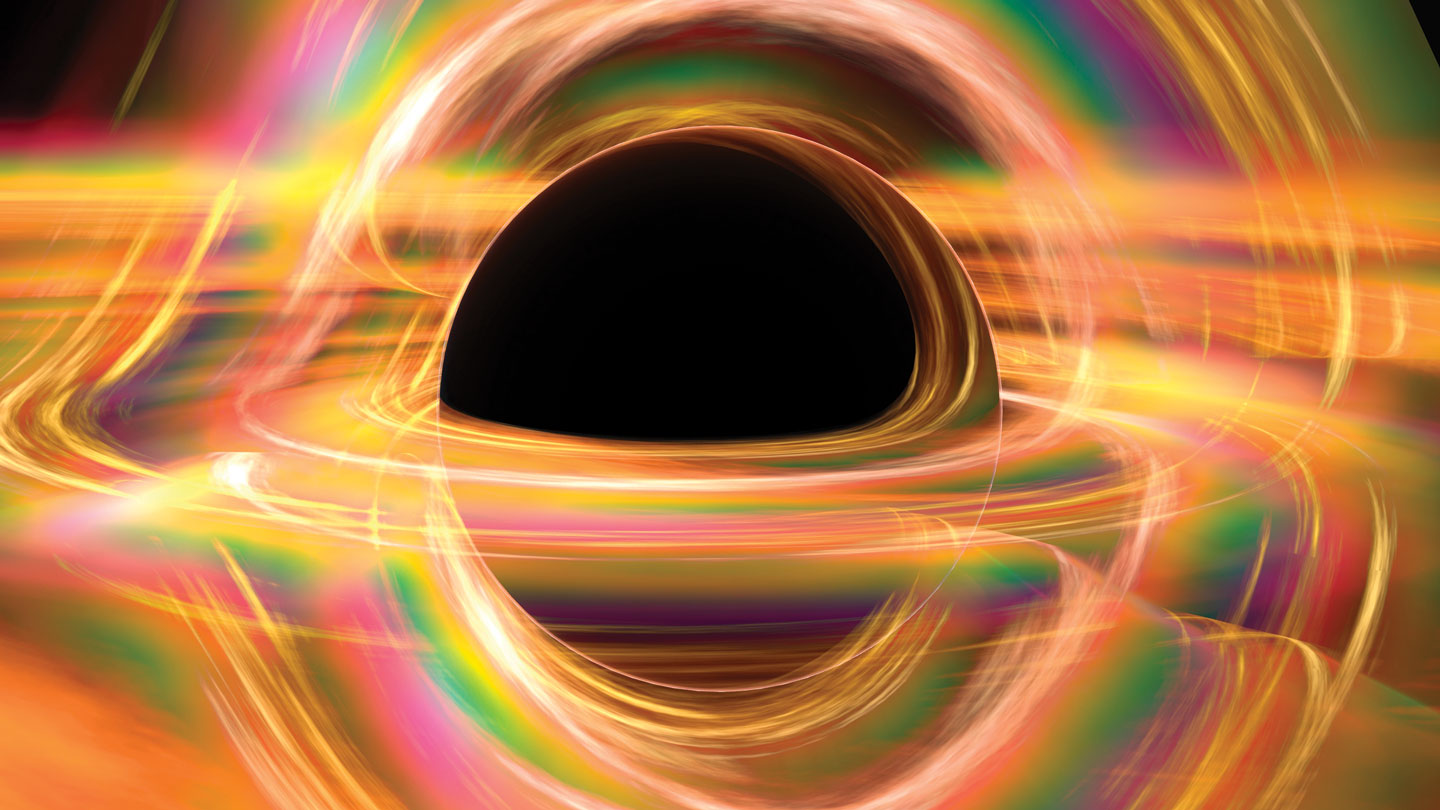The destroyed Fukushima nuclear power plant
Kyodo News/Associated Press/Alamy
Nuclear experts from the International Atomic Energy Agency (IAEA) are this week expected to formally back Japan’s controversial plan to release radioactive wastewater from the Fukushima Daiichi nuclear power plant into the Pacific Ocean – but is it the right thing to do?
In 2011, Japan was hit by a serious earthquake and tsunami, which caused the meltdown of three reactors at Fukushima. The contaminated water, which is currently sitting in roughly 1000 giant tanks on site, was used to keep Fukushima’s reactors and debris cool following the disaster.
Japan wants to gradually release 1.3 million cubic metres of this water into the sea over the next three to four decades, so it can continue decommissioning of the Fukushima site.
The water has already been treated to remove 62 radioactive contaminants, but it remains tainted by tritium, a radioactive isotope of hydrogen. Because tritium is bonded to the water molecule itself, it is challenging to remove, says Ian Farnan at the University of Cambridge. “It’s not possible, really, to separate [tritium from water],” he says.
Tritium, which has a radioactive half-life of just over 12 years, emits low-energy beta particles and does little damage to cells, says Farnan. Because of its bond with water, it will pass through most marine organisms without causing harm, he says. Many nuclear plants around the world already discharge tritium into the ocean.
Japan says it must start discharging the water soon because the tanks will hit capacity in 2024. It insists the wastewater will be diluted to ensure levels of tritium never exceed World Health Organization guidelines.
But China, South Korea and Pacific Island nations have expressed doubts over Japan’s discharge plan, amid fears the wastewater release could contaminate the marine food chain. In January, Henry Puna of the Pacific Islands Forum said it has “grave concerns” about the proposed ocean release.
A 2021 study suggested that if the contaminated wastewater were released gradually, spikes in tritium concentrations would be confined to the east coast of Japan – and would represent only a tiny fraction of the background concentration of tritium already present in the ocean.
Awadhesh Jha at the University of Plymouth, UK, warns that more research is needed to investigate the risks tritium poses to the marine food chain. Jha’s laboratory experiments suggest tritium can accumulate in the tissues of shellfish such as mussels and oysters, but little is known about the impact of real-world exposure. “It needs an international [research] effort,” he says.
Meanwhile, Tokyo Electric Power Company, the firm that runs the site, has admitted that water in the tanks will need additional, “secondary” treatment to filter out more dangerous isotopes, such as ruthenium-106, cobalt-60 and strontium-90, in order to meet regulatory standards. But traces of these harmful isotopes will remain, experts warn, and their impact on marine life is unknown.
But ultimately, Jha says the Japanese authorities have no choice but to discharge the contaminated water into the ocean, particularly given the earthquake risk of storing it on land. “They don’t have any other options,” he says.
Topics:














